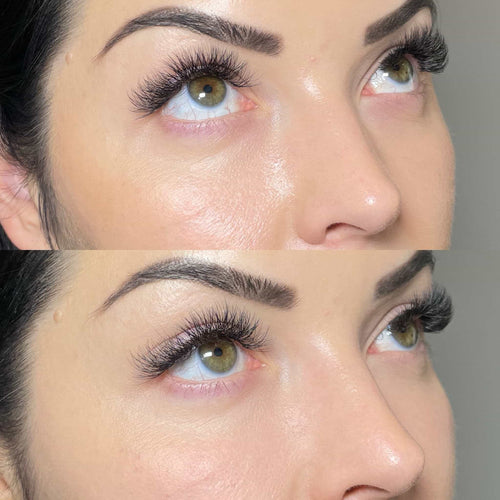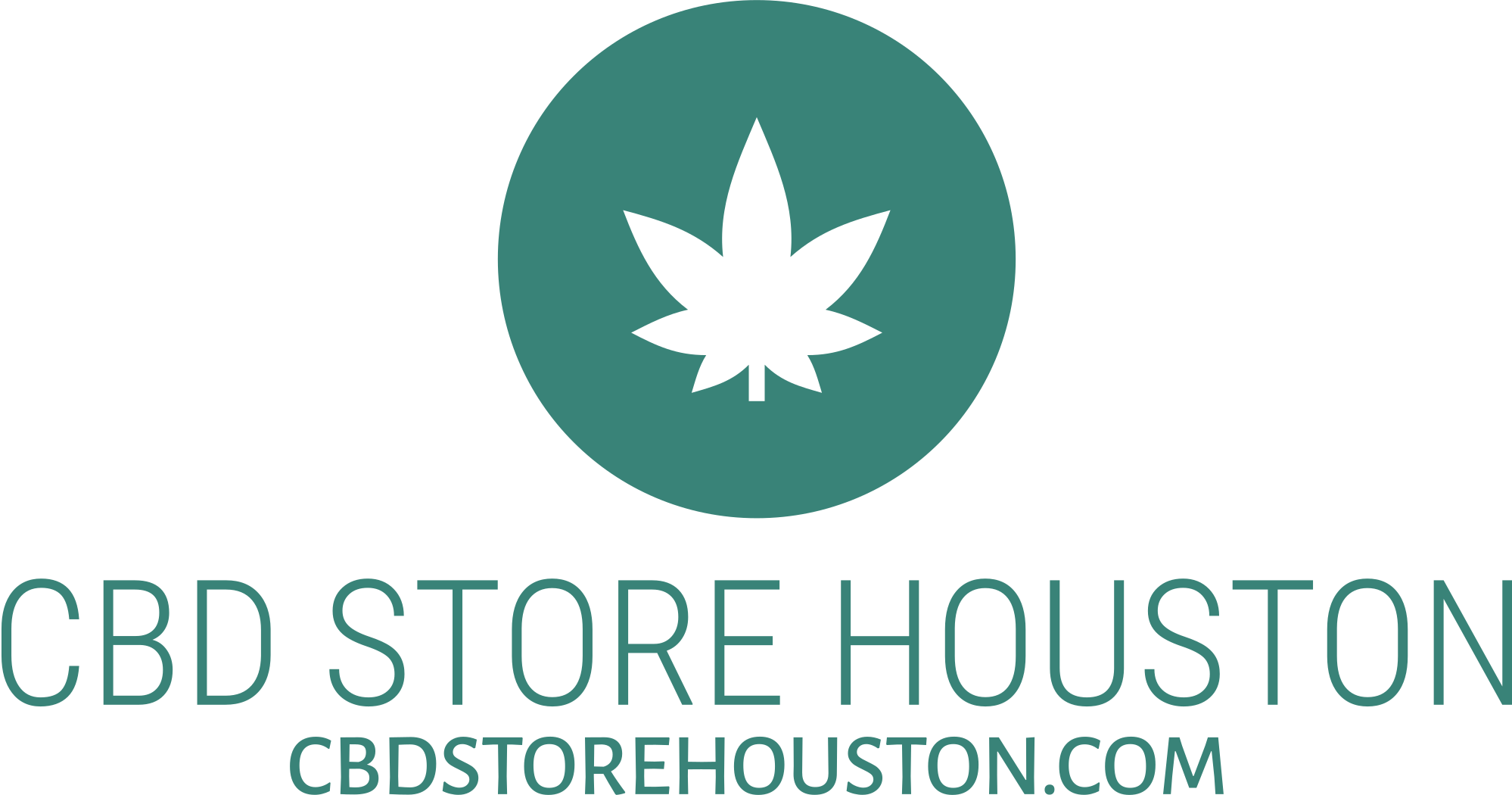Secure a Dermal Filler Consultation with Dr. Laura Geige Now
The Swelling Connection
Alcohol’s Effect on Inflammation
Alcohol consumption can significantly impact inflammation in the body, which directly relates to the healing process after cosmetic procedures like lip fillers.
Here’s a breakdown of the connection between alcohol and inflammation, and how it affects lip filler results:
-
Alcohol is an inflammatory substance. When you drink, your body perceives alcohol as a toxin and initiates an inflammatory response to neutralize it.
-
This inflammatory response involves the release of chemicals called cytokines, which trigger swelling, redness, and heat.
-
After receiving lip fillers, your body naturally undergoes an inflammatory process as it integrates the filler material.
-
Consuming alcohol during this healing phase can exacerbate inflammation, leading to:
-
Increased swelling and bruising around the injection site.
-
Prolonged healing time.
-
Higher risk of complications, such as infection or uneven filler distribution.
Book a Consultation for Dermal Fillers at It’s Me and You Clinic with Dr. Laura Geige
Furthermore, alcohol can dehydrate the body, which is essential for proper healing. Dehydration can hinder the removal of waste products and nutrients needed for tissue repair, ultimately slowing down the recovery process.
Therefore, it’s crucial to abstain from alcohol for a recommended period after receiving lip fillers to minimize inflammation, promote optimal healing, and ensure the best possible results.
Why Lip Filler Makes You More Susceptible
There isn’t a direct causal link between lip fillers and increased susceptibility to infections. However, certain factors related to the filler injection procedure can create temporary vulnerabilities that make it more crucial to avoid alcohol consumption.
Here’s why:

-
Injection Site Trauma: Injecting dermal fillers involves puncturing the skin multiple times. This creates tiny wounds, even though they are superficial. These micro-injuries can make the area more prone to bacterial entry.
-
Inflammation and Immune Response: Filler injections naturally trigger a mild inflammatory response as your body reacts to the foreign substance (the filler). This inflammation can temporarily suppress your immune system’s ability to fight off infections in that area.
-
Blood Vessel Interference: In rare cases, fillers can inadvertently disrupt blood flow or cause small blood vessel leakage. This can further compromise the body’s natural defenses and make it harder for white blood cells and other immune components to reach the injection site.
Alcohol’s impact on the immune system:
-
Immune Suppression: Alcohol consumption weakens your overall immune system, making you more susceptible to infections in general. This effect is amplified when your body is already dealing with inflammation and potential wound healing from the filler procedure.
-
Dehydration:** Alcohol dehydrates the body, which can further hinder immune function and delay the healing process at the injection site.
Combining these factors significantly increases the risk of developing an infection after lip filler injections. Therefore, it’s crucial to abstain from alcohol for a period of time following the procedure to allow your body to heal properly and maintain a robust immune response.
Increased Bleeding Risk
Alcohol as a Blood Thinner
Alcohol can indeed increase your risk of bleeding, potentially posing complications after lip filler injections.
Here’s why:
-
Alcohol thins the blood: Alcohol consumption acts as a blood thinner by inhibiting platelet function. Platelets are crucial for blood clotting; when they are less effective, bleeding takes longer to stop.
-
Increased inflammation: Alcohol can contribute to inflammation throughout the body, including at the injection site. This inflammation can interfere with healing and make you more prone to bruising and bleeding.
-
Interference with medication: Some medications used in conjunction with lip fillers might have interactions with alcohol, further increasing bleeding risk.
Arrange a Dermal Filler Consultation with Dr. Laura Geige
Combining alcohol consumption with lip fillers can lead to:
-
Increased bruising and swelling at the injection site.
-
Longer healing time.
-
Potential for bleeding complications, such as hematomas (collections of blood under the skin).
To minimize these risks and ensure optimal results from your lip fillers, it’s best to avoid alcohol consumption for at least 24-48 hours before and after your procedure.
Complications with Lip Filler
Increased bleeding risk is a primary concern after lip filler injections because the procedure involves puncturing the skin and injecting a gel-like substance into the lips.
Alcohol consumption can significantly elevate this risk in several ways:
*
Alcohol thins the blood, making it more prone to bleeding both internally and externally.
*
It can also interfere with platelet function, which is crucial for blood clotting and wound healing.
*
Furthermore, alcohol can lower your inhibitions and potentially lead to accidental touching or rubbing of the injection site, increasing the chances of bruising or bleeding.
Here are some potential complications associated with increased bleeding after lip filler:
1.
Excessive bruising: Alcohol consumption can exacerbate bruising around the injection sites.
2.
Swelling and inflammation: Increased blood flow due to alcohol can contribute to heightened swelling and inflammation in the lips, making them look unnatural or distorted.
3.
Hematoma formation: In severe cases, excessive bleeding can lead to a hematoma, which is a collection of blood outside of blood vessels.
4.
Filler migration: Blood can push the filler material out of place, resulting in an uneven or lumpy appearance.
It’s crucial to avoid alcohol for at least 24-48 hours before and after lip filler injections to minimize these risks and ensure optimal healing.
Delayed Healing
How Alcohol Interferes with Tissue Repair
Delayed healing can be a significant concern after procedures like lip filler injections. Alcohol consumption, in particular, can hinder tissue repair and prolong the healing process.
Here’s how alcohol interferes with tissue repair:
**Impaired Immune Function:** Alcohol suppresses the immune system, making it harder for your body to fight off infection. This is crucial because any break in the skin, such as from a needle injection, increases the risk of infection.
**Reduced Collagen Production:** Collagen is a vital protein that provides structure and support to tissues, playing a key role in wound healing. Alcohol consumption can disrupt collagen synthesis, leading to slower tissue regeneration and potentially weaker results.
**Increased Inflammation:** Alcohol can trigger inflammation throughout the body. While some initial inflammation is part of the healing process, excessive inflammation can delay healing and increase discomfort.
**Dehydration:** Alcohol is a diuretic, meaning it increases urine production and can lead to dehydration. Adequate hydration is essential for cell function and tissue repair. Dehydration can impair the body’s ability to transport nutrients and remove waste products, hindering the healing process.
**Blood Clotting Disruption:** Alcohol can interfere with blood clotting factors, making it harder for wounds to stop bleeding and heal properly. This is particularly important after lip filler injections, where there are multiple small punctures in the skin.
By avoiding alcohol for a period following your lip filler treatment, you allow your body to focus on tissue repair and minimize potential complications. This helps ensure optimal healing and achieves the desired results from the procedure.
Tips for Optimal Healing After Lip Filler
Delayed healing after lip filler injections can occur for several reasons, making it crucial to understand why certain activities like drinking should be avoided immediately post-procedure.
One key factor is swelling. Lip fillers, especially those containing hyaluronic acid, draw in water and cause initial puffiness. Drinking alcohol can exacerbate this swelling by acting as a vasodilator, widening blood vessels and increasing fluid retention.
Alcohol also impairs the body’s natural healing processes. It suppresses the immune system, making it harder for your body to fight off infection and promote tissue regeneration.
Furthermore, alcohol can dehydrate the body. This dehydration hinders the transport of nutrients and oxygen crucial for wound healing and collagen production, essential components in restoring lip volume and shape after filler treatment.
To ensure optimal healing after lip filler, follow these tips:
• **Abstain from alcohol for at least 24-48 hours.** This allows the initial swelling to subside and gives your body a chance to start repairing itself.
• **Hydrate generously with water.** Staying hydrated supports cellular function, nutrient delivery, and waste removal, all vital for healing.
• **Apply ice packs gently to reduce inflammation.** This helps manage swelling and discomfort.
• **Avoid touching or picking at the injection sites.** This can introduce bacteria and delay healing.
• **Follow your practitioner’s post-procedure instructions carefully.** They may recommend specific medications or creams to aid healing.
By adhering to these guidelines, you can promote faster, more effective healing and maximize the results of your lip filler treatment.
Made by Penny K Aesthetics Studio Derwen Roots Emily Patricia Fae
- Why Breadcrumbing Can Be A Form Of Emotional Manipulation - November 12, 2025
- What Is The Alternative To Filler For Nasolabial Folds? - November 10, 2025
- What Age Do You Have To Be To Get Lip Filler - November 7, 2025
